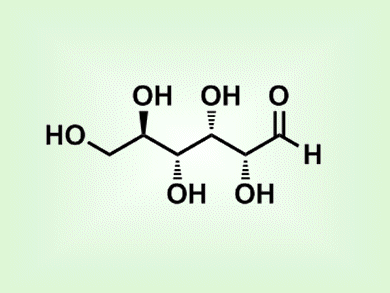Diabetes is a disease caused by insufficient production of insulin, a metabolic hormone that controls the absorption of glucose from the blood. Although diabetic patients benefit from the regular administration of insulin, this conventional therapy does not assure a tight control of blood-glucose levels.
Zhen Gu, Massachusetts Institute of Technology (MIT), USA, and colleagues developed an insulin delivery platform that overcomes these limitations. The novel system consists of microgels composed of three elements: insulin, a pH-responsive polymeric matrix, and nanocapsules containing glucose oxidase (GOx), an enzyme that converts glucose into gluconic acid.
These microgels are able to release insulin in a continuous and controlled manner. In the presence of high glucose levels, GOx generates gluconic acid which lowers the microgels’ environmental pH, thereby causing the pH-sensitive matrix to swell. In turn, expansion of the matrix elicits insulin release.
Conversely, when the concentration of glucose decreases, the microgels shrink and insulin is no longer released.
- Glucose-Responsive Microgels Integrated with Enzyme Nanocapsules for Closed-Loop Insulin Delivery,
Zhen Gu, Tram T. Dang, Minglin Ma, Benjamin C. Tang, Hao Cheng, Shan Jiang, Yizhou Dong, Yunlong Zhang, Daniel G. Anderson,
ACS Nano 2013.
DOI: 10.1021/nn401617u



